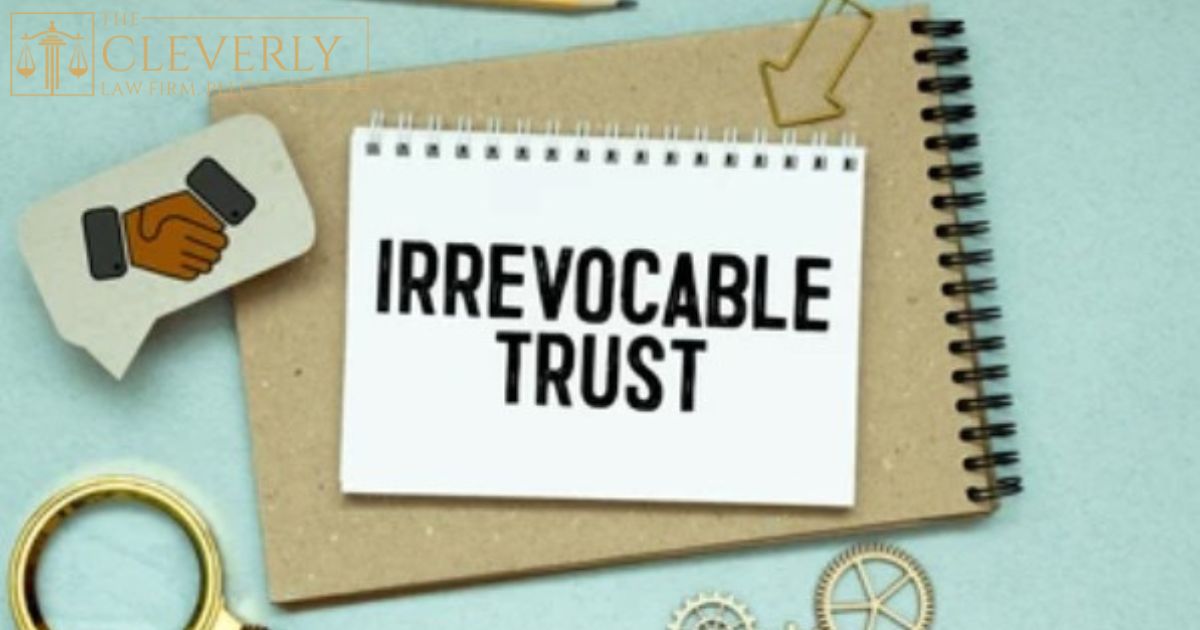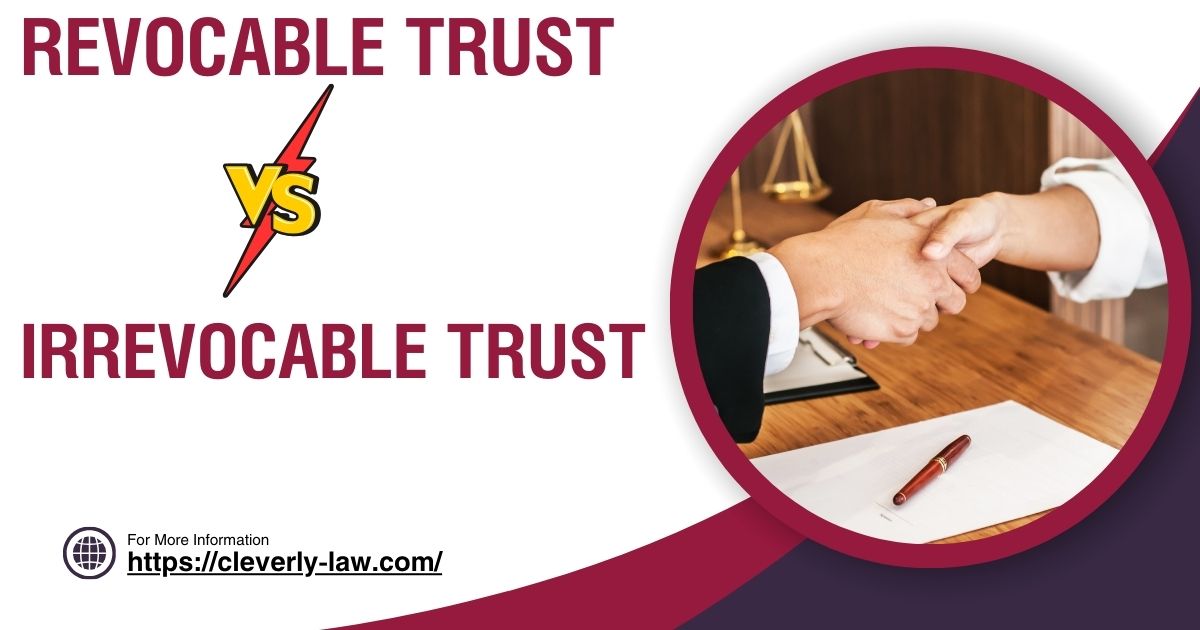7 Surprising Things That Don’t Belong in Your Will

A will is one of the most common and well-known estate planning documents out there. It ensures that your assets are distributed according to your wishes after you pass away. However, not everything belongs in your will.
In fact, including certain things can lead to confusion, disputes, and even legal challenges. As experienced estate planning attorneys, we’re here to guide you through what you should never put in your will.
Property That Doesn’t Go Through Probate
One of the most common misconceptions about wills is that they control all of your assets. In reality, certain types of property bypass the probate process entirely.
These include:
- Life insurance policies with named beneficiaries
- Retirement accounts (IRAs, 401(k)s) with designated beneficiaries
- Bank accounts and property held in joint tenancy or with right of survivorship
- Assets held in a living trust
In Texas, these types of assets pass directly to the named beneficiaries, regardless of what your will says. That’s why it’s essential to regularly review and update your beneficiary designations to ensure they align with your wishes.
Funeral Wishes and Arrangements
Many people assume that their will is the place to specify their funeral preferences. However, by the time your will is located and read, your funeral will likely have already taken place.
Instead of including your funeral wishes in your will, we recommend:
- Putting your wishes in a separate document
- Informing your family members of your preferences
- Setting aside funds for final expenses in a payable-on-death account
This way, your loved ones can honor your wishes without the need to wait for the probate process.
Gifts With Conditions Attached
You might be tempted to attach conditions to certain bequests in your will, such as requiring a beneficiary to reach a certain age or achieve a specific goal before receiving their inheritance. While this may seem like a good idea, conditional gifts can lead to disputes among beneficiaries and are often difficult to enforce.
If you want to place conditions on a gift, consider using a trust instead. Trusts offer more flexibility and control, allowing you to specify the terms of the inheritance while minimizing the potential for legal challenges.
Care Instructions for Pets
Pets are cherished members of the family, and many people want to ensure their furry friends are well cared for after they’re gone. However, a will is not the best place to leave your pet or provide care instructions. Pet care provisions in a will are not legally enforceable in Texas.
Instead, consider setting up a pet trust. This allows you to:
- Designate a caretaker for your pet
- Leave funds for your pet’s care
- Specify care instructions
A pet trust ensures that your wishes for your pet’s care are carried out and provides peace of mind knowing that your beloved companion will be taken care of.
Significant Assets That Should Be in a Trust
If you have high-value assets, such as real estate, investments, or business interests, it’s generally advisable to place them in a trust rather than passing them through your will.
Assets left through a will must go through probate, which can be time-consuming and expensive. Additionally, a will becomes a public document once filed with the probate court, which can leave your estate vulnerable to potential litigation.
By placing significant assets in a trust, you can:
- Avoid the probate process
- Maintain privacy
- Minimize the potential for legal challenges
Personal Details and Confidential Information
Your will is not the place to air dirty laundry or share sensitive information. Avoid including details about family drama, personal conflicts, or confidential financial information (such as account numbers) in your will. Once your will is filed with the probate court, it becomes a public document THAT ANYONE CAN ACCESS!
If you need to address personal issues or share confidential information, do so in a separate document or discuss it privately with your family members and trusted advisors.
Large Bequests to Minor Children Outright
If you have minor children, you may want to leave them a significant inheritance. However, leaving large sums of money or property to minors outright can be problematic. In Texas, minors cannot legally own property, and the court will appoint a conservator to manage the inheritance until the child reaches 18.
To ensure your child’s inheritance is managed responsibly, consider:
- Creating a trust with payout terms at certain ages
- Naming a trustee to manage the funds for your child’s benefit
This approach gives you more control over how and when your child receives their inheritance, and it can help protect the assets from mismanagement or irresponsible spending.
Other Things to Keep Out of Your Will
In addition to the items mentioned above, there are a few other things you should avoid including in your will:
- Provisions about digital assets and online accounts – Address these separately
- Power of attorney designations – Create a standalone document for this purpose
- Anything intended to take effect during your lifetime – Wills only become effective upon your death
The Importance of Working With an Estate Planning Attorney
Creating a comprehensive estate plan involves more than just drafting a will. It’s important to work with an experienced estate planning attorney who can help you ensure that your wishes are carried out the way you want them.
At The Cleverly Law Firm, PLLC, our knowledgeable attorneys are dedicated to helping clients create estate plans tailored to their unique needs and goals. We can assist you with:
- Drafting a legally sound will
- Creating trusts to protect your assets and provide for your loved ones
- Updating beneficiary designations
- Communicating your wishes to your family
- Reviewing and updating your estate plan as your circumstances change
Don’t leave your legacy to chance. Contact The Cleverly Law Firm, PLLC today to schedule a consultation and take the first step towards securing your family’s future. Our compassionate, experienced team is here to guide you every step of the way.





